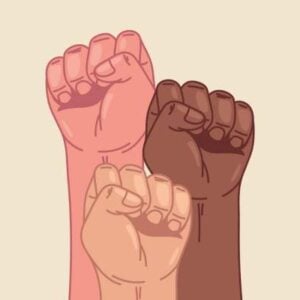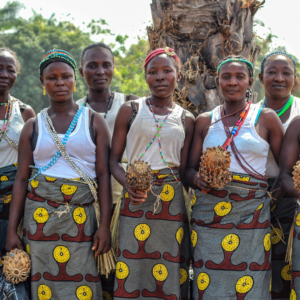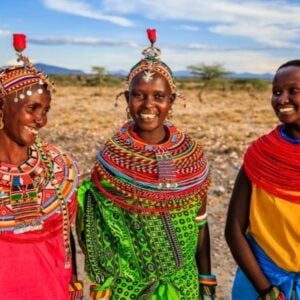The UN High Commissioner for Human Rights, Volker Türk, has expressed concern over growing restrictions on civic and democratic space in Cameroon ahead of the presidential election scheduled for October. He warned that the current environment raises serious doubts about whether voters will be able to freely express their will, urging the government to take urgent measures to ensure free, transparent, inclusive, and credible elections.
Türk emphasized that a safe and enabling human rights environment is fundamental for credible electoral processes, but noted that this does not appear to be the case in Cameroon. Reports highlight increasing restrictions on opposition activities, including the banning of gatherings, the interruption of a live television interview with a political figure, and the exclusion of certain political leaders from the race. Concerns have also been raised about irregularities in voter registration and intimidation of opposition candidates and their supporters.
The High Commissioner underscored the importance of equal access to electoral participation for all citizens and called on authorities to address any measures that could disenfranchise segments of the population. On 4 August, security forces arrested at least 53 opposition supporters outside the Constitutional Council in Yaoundé during appeal hearings related to electoral council decisions. Although they were later released, Türk stressed that they should never have been arrested for exercising their rights to peaceful assembly, expression, and association.
These incidents follow the suspension of three civil society organisations and the banning of two others in December 2024, alongside restrictions on the operations and funding of several groups. Türk criticized these measures, emphasizing that civil society and the media play a vital role in ensuring democratic participation and transparency.
He further urged the Cameroonian government to take effective steps to address rising hate speech, disinformation, and incitement to violence, both online and offline, in accordance with international human rights law. Such actions, he said, are critical to fostering an environment where democracy can thrive and the upcoming election can be genuinely free and inclusive.







